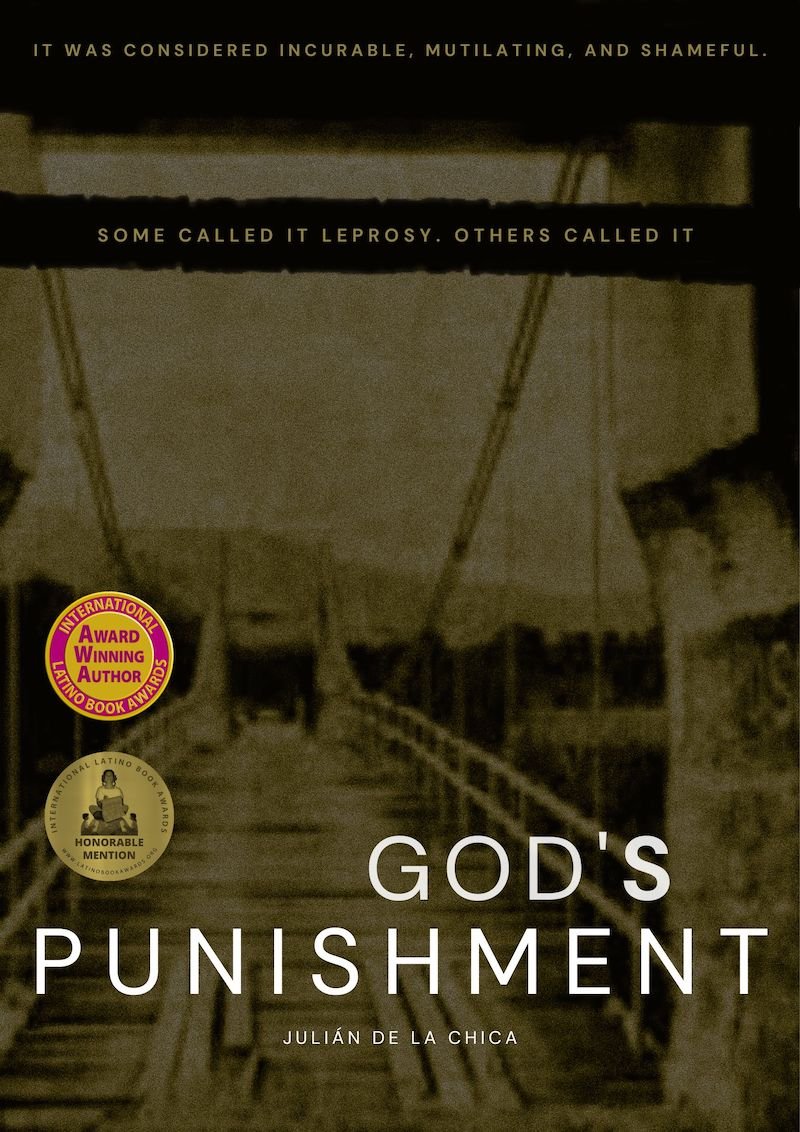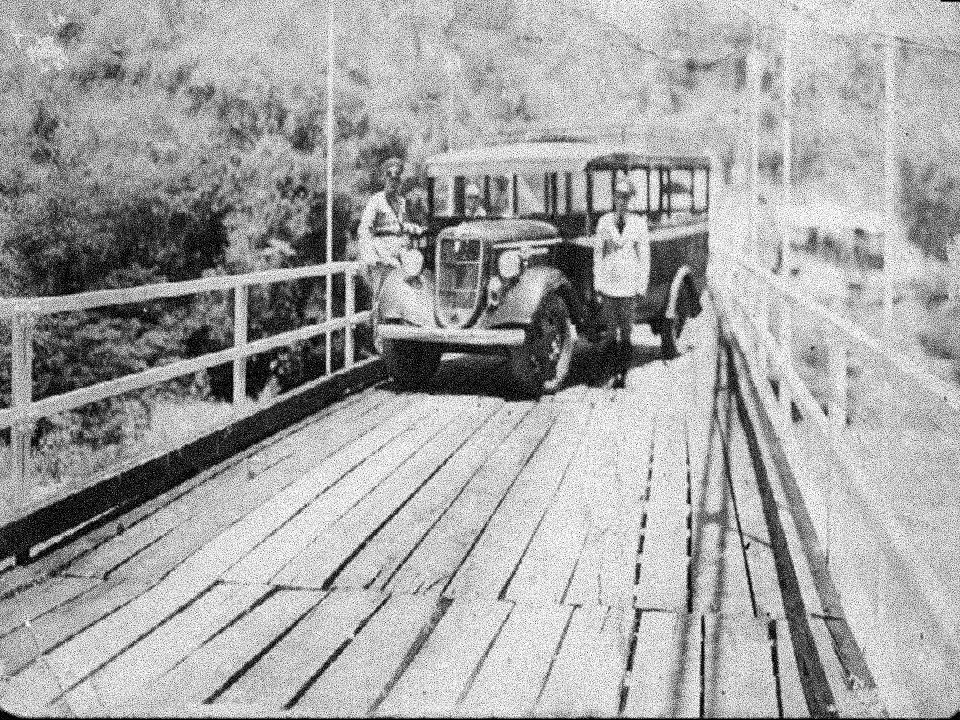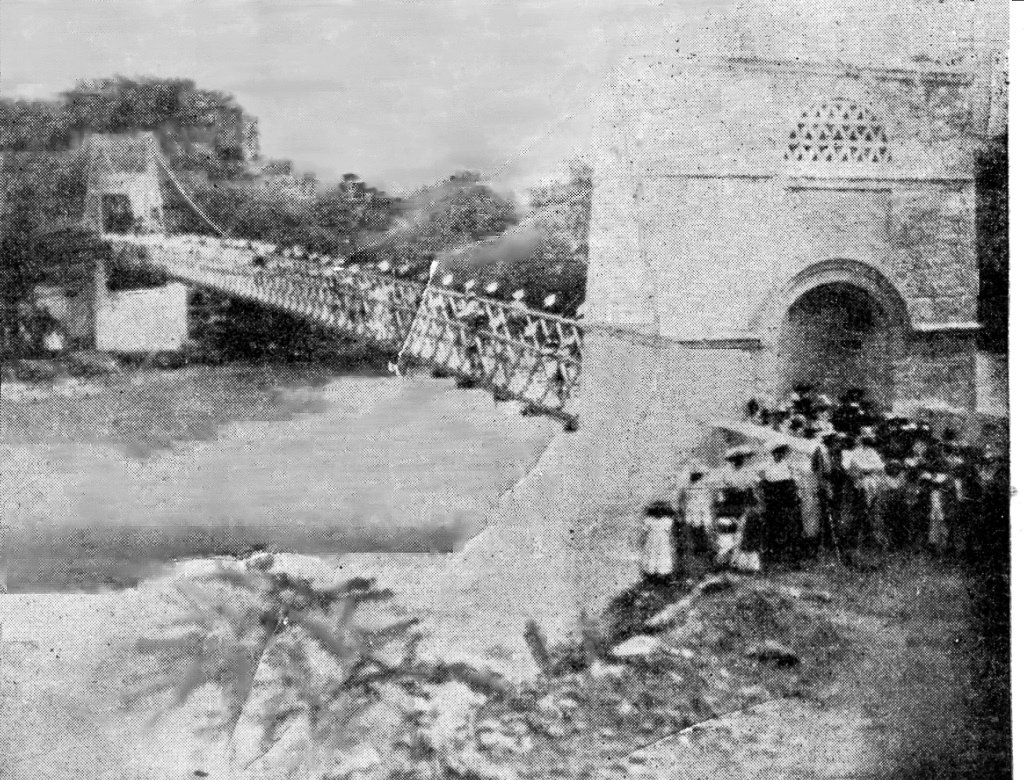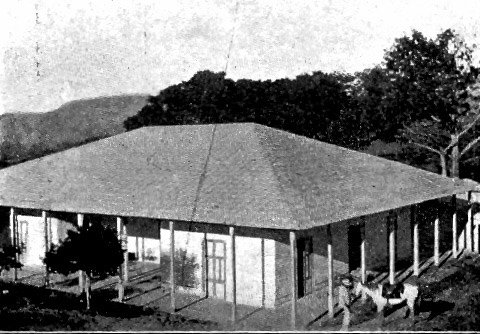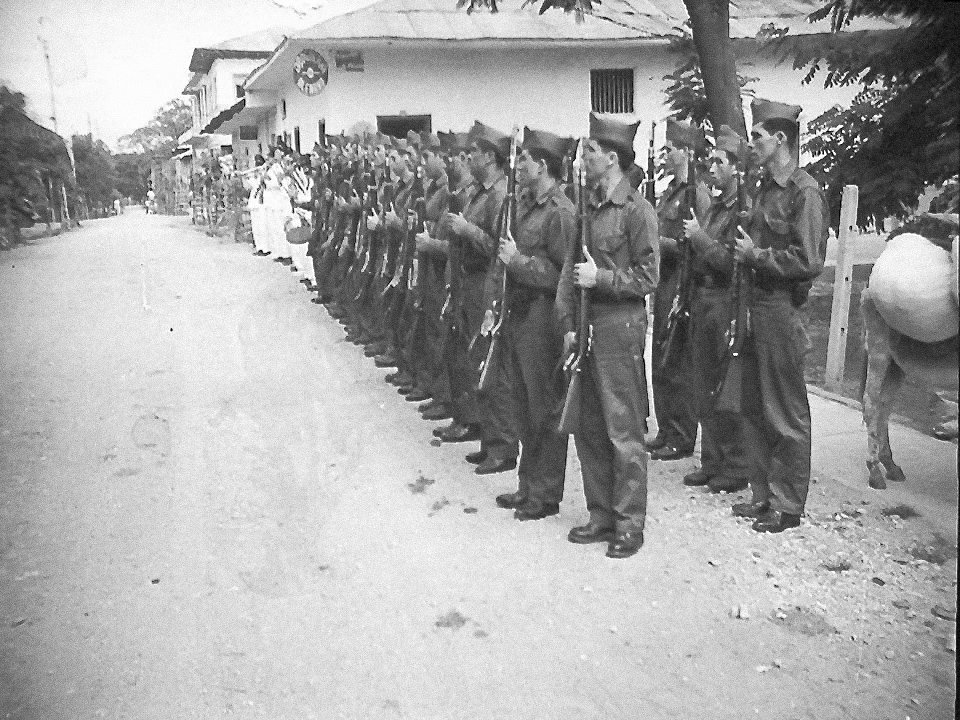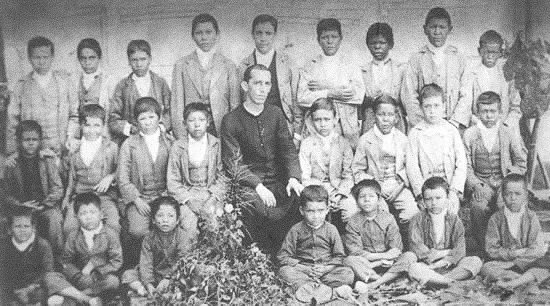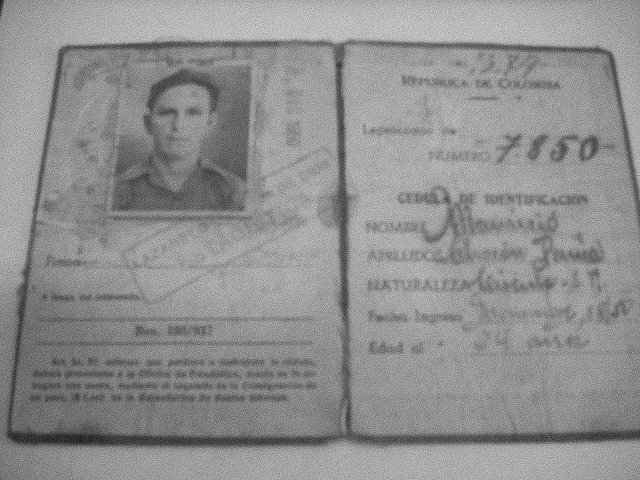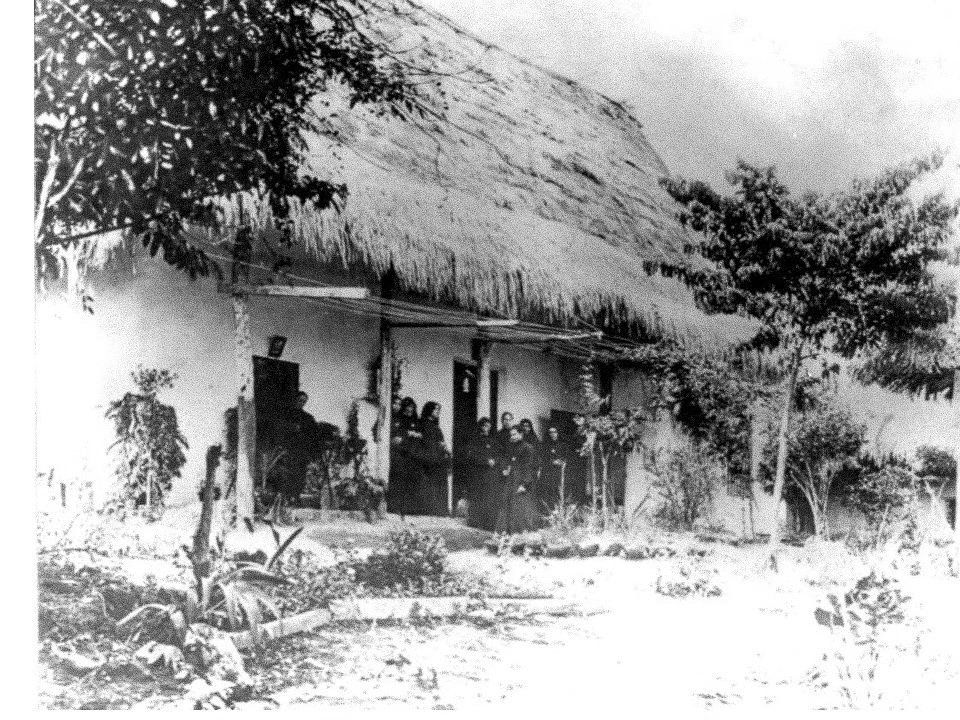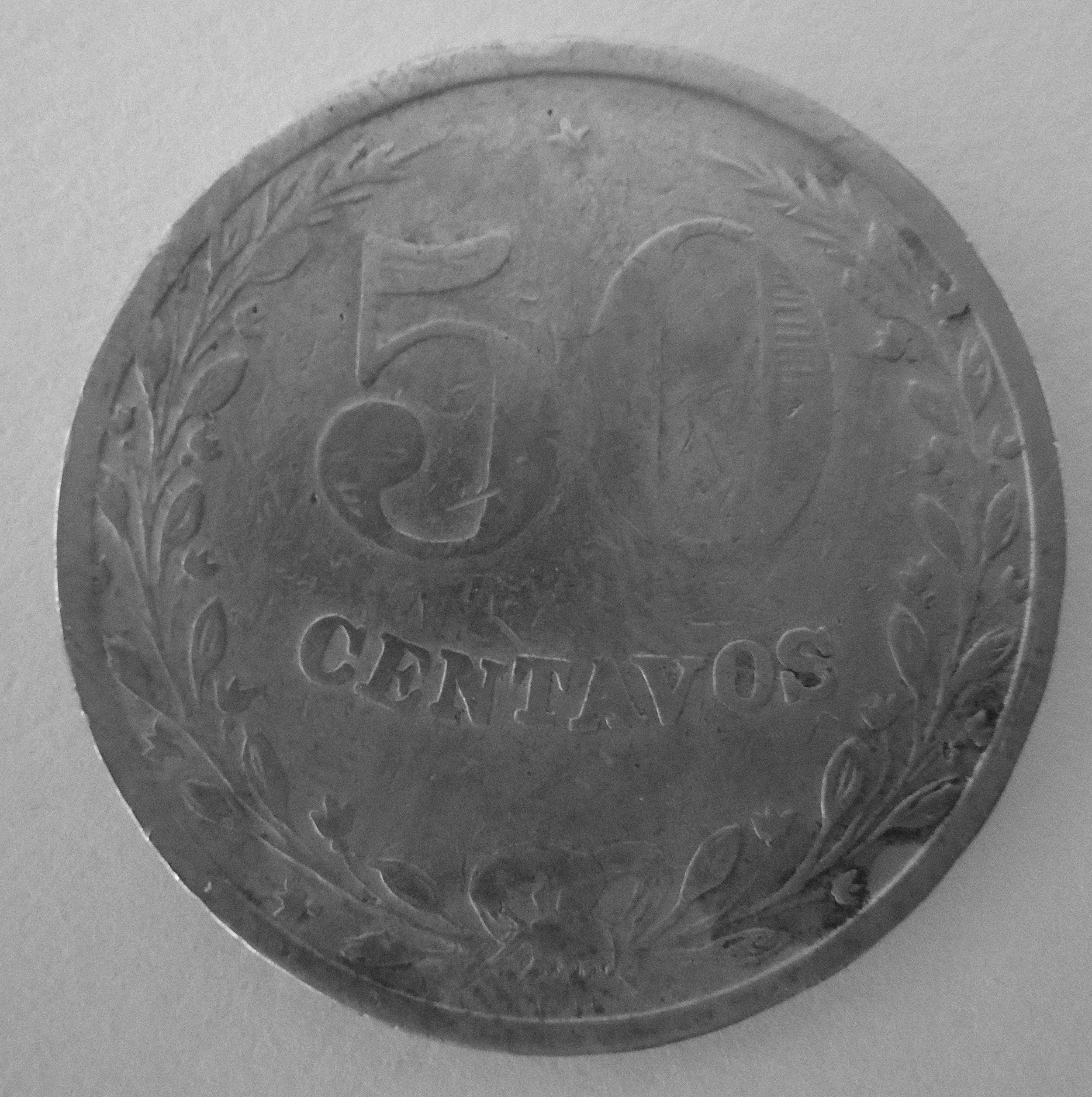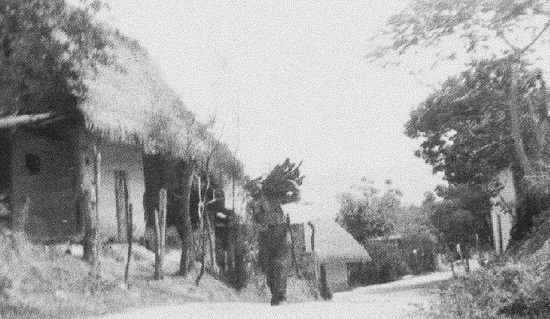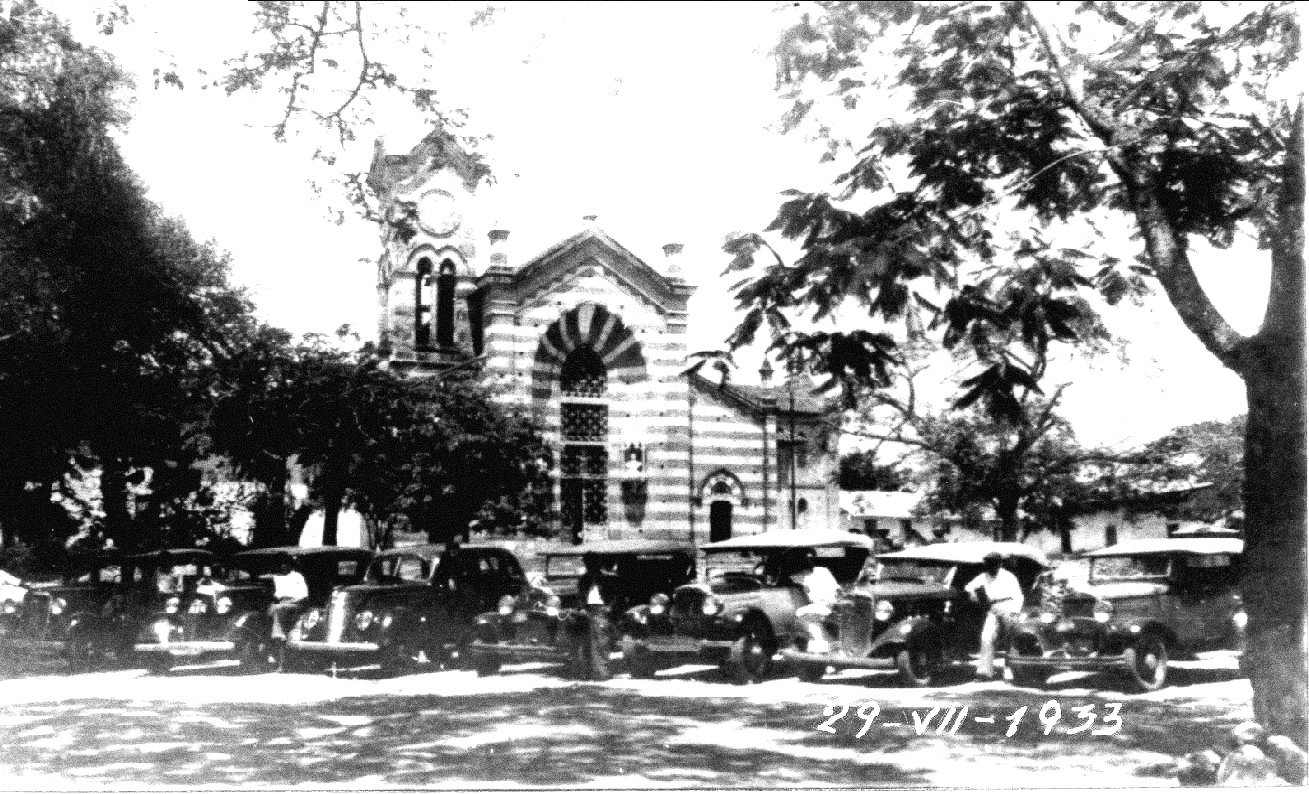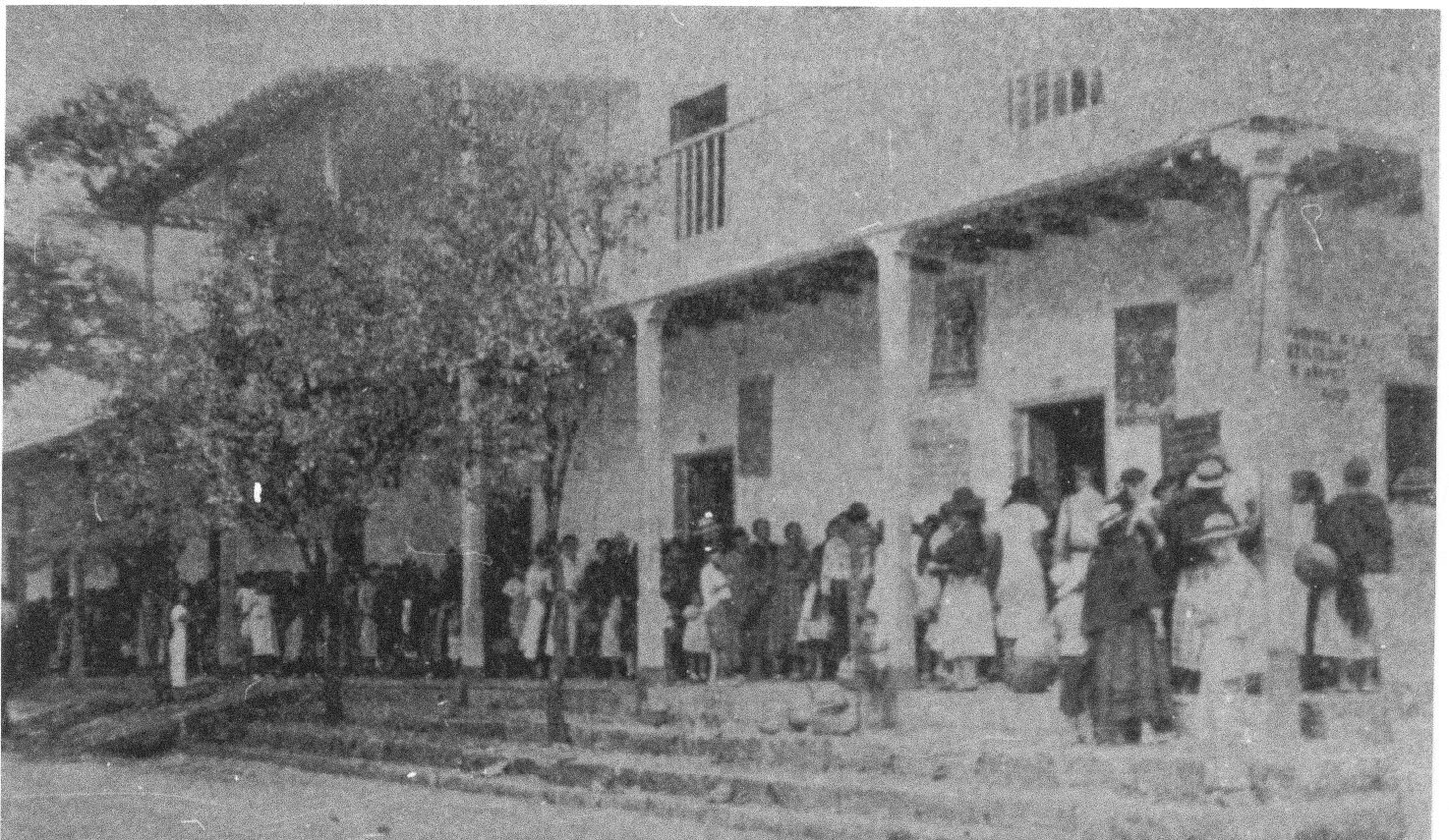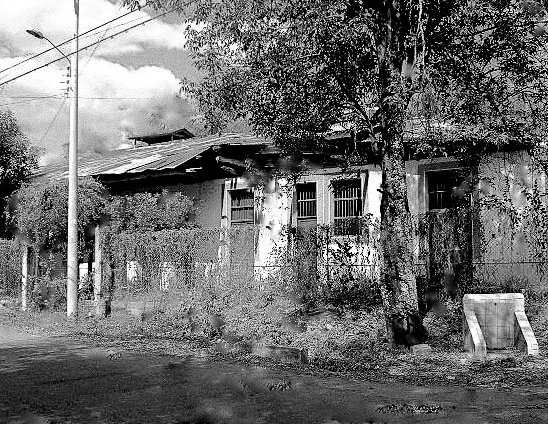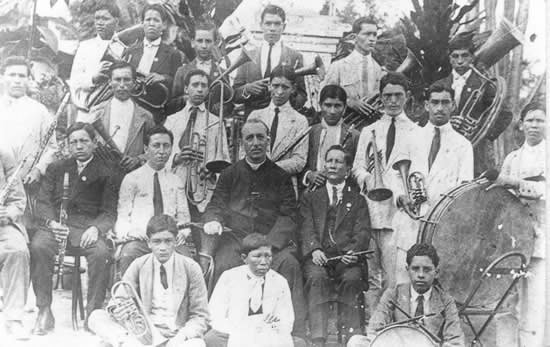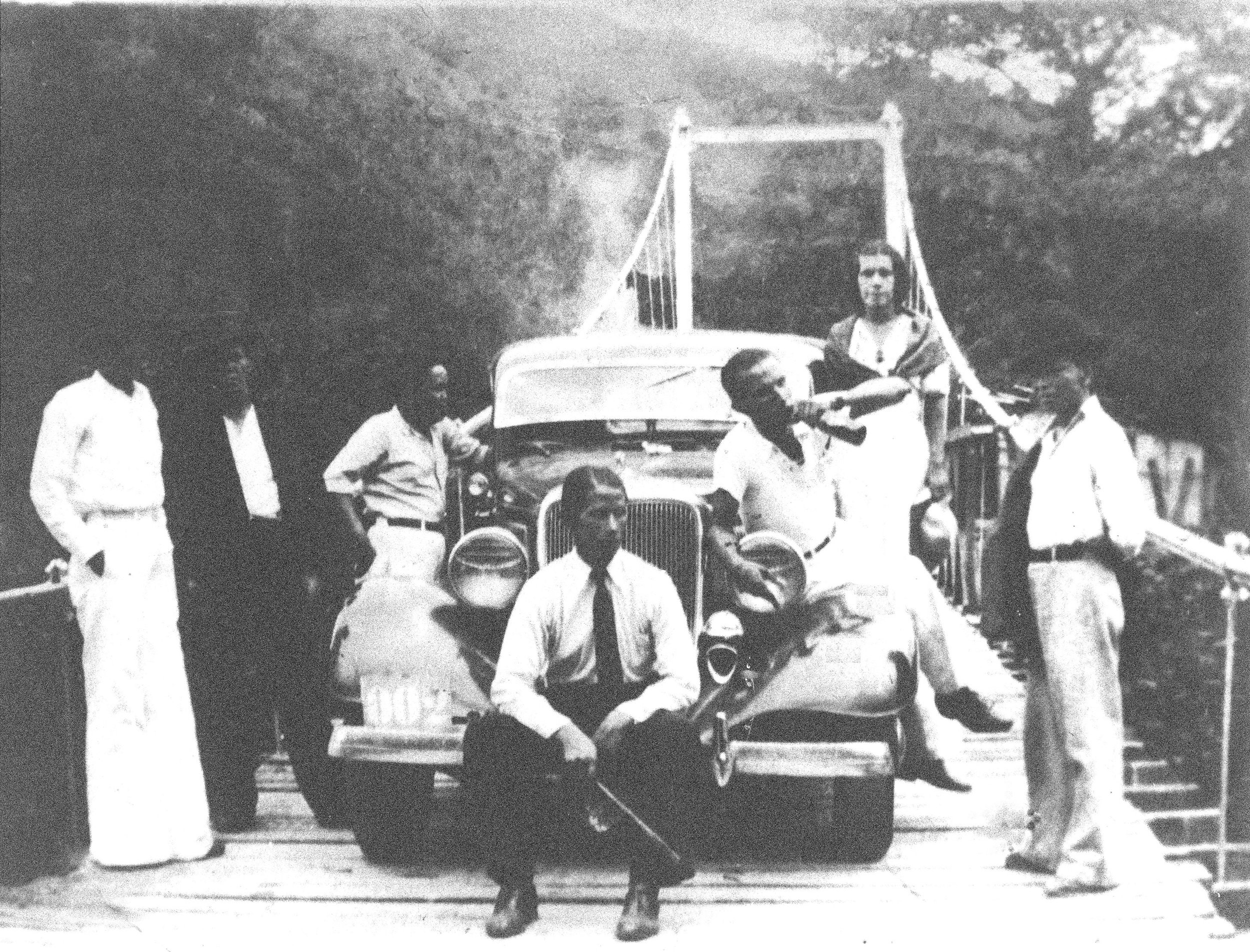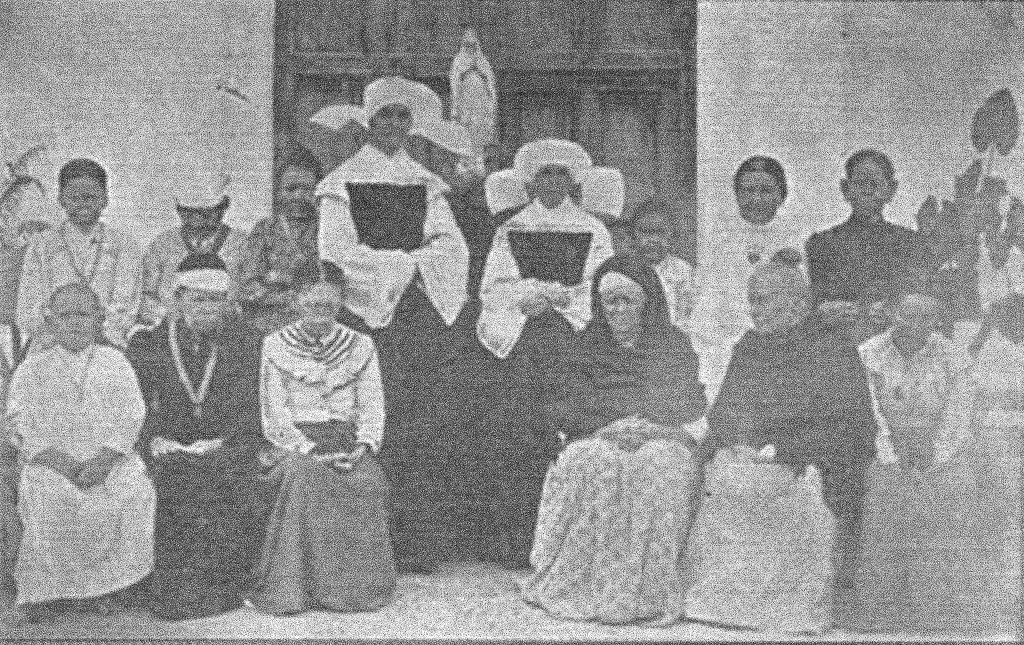← Return to PROJECTS
Julián De La Chica
God’s Punishment
It was considered incurable, mutilating, and shameful. In 1905, the government of Colombia decreed the systematic exclusion of “lepers” and ordered them to be confined in leprosariums. Some called it leprosy.
Others called it God’s Punishment.
Release: Jun 22, 2022
Since 2000, composer Julián De La Chica has been researching Agua de Dios, Colombia, and its history as a town forcibly confining leprosy patients and those suspected of having leprosy. For his research, De La Chica visited the community and interviewed persons with information about those who crossed the Puente de Los Suspiros (Bridge of Sighs) over the Río Bogotá and into the concentration camps. Those inmates, who were forced by the Colombian government to relinquish their rights as citizens—their identities, possessions, and families—numbered into the tens of thousands until the leprosarium was closed in 1961.
● View the historical setting to the novel here
The title of De La Chica’s novel, God’s Punishment, refers to the Biblical doctrine that leprosy was divine punishment. The story follows a man who discovers late in life that his family had connections to people from Agua de Dios. Scheduled for release in mid-2022, the book highlights the human rights violations from this dark chapter in Colombian history. De La Chica is in the process of composing an opera based on the novel
● Buy the book signed by the author here (Only US)
Libro-tomo-partida: 10-183-305
Fecha registro: 12-mayo-2008
2008 Colombia © Julián De La Chica
2020 & 2022 United States © Julián De La Chica
Synopsis
Leonardo, a dreamy and passionate writer, is hired to make a documentary about Agua de Dios. The isolated small town three hours from Bogotá was infamous at the beginning of the twentieth century for being one of the places where the Colombian government confined patients with leprosy. Led by Luis Antonio, an old Spaniard living in Colombia, Leonardo begins a journey through time, discovering how Colombia became the global center of paranoia over leprosy and how Agua de Dios was no mere sanitorium, but a harrowing concentration camp run by the church, the state, and the medical community.
Based on actual events, the novel incorporates authentic speech and writing from the period.
Book TRAILER
God’s Punishment is a powerful story of one of the darkest and most chilling periods in Colombian history, as seen through the lens of a man who is haunted by his past and shamed by his family. God’s Punishment also serves as a reminder of the power of music, which shaped the protagonist’s destiny as a child and before returning to ease his pain in old age.
A novel by Julián De La Chica
Review QUOTES
Julián De La Chica listens to the wounds, the disease, the flesh that rots and falls off, stringing together testimonies of amputated lives.
— Susan Campos-Fonseca, PhD
Musicologist, writer & composerGod’s Punishment is not just about a painful past. Even now, people often suffer not as much from the health conditions they have as from the public health measures that are supposed to manage those conditions. The fate of people affected by leprosy, and its impact on entire generations, is one of those sad stories. With powerful language, author Julián De La Chica reminds and warns us of what can happen when human rights are taken away from people.
— Professor Dainius Pūras, MD
Psychiatrist and human rights advocate
Former United Nations Special Rapporteur on the right to healthBeautifully lyrical, De La Chica brings to life a near-forgotten chapter of Colombian history in this startling debut! Told as a series of drifting, recorded interviews with an old man about his past, and present day interludes with the young men who have been recruited to tell his story, there is a languid quality to God's Punishment that is well suited to the tale being told. Though fictional, De La Chica conducted extensive research, including interviews and trips to Agua de Dios, the Colombian lazaretto at the heart of this story. This background work shines through in the small details of time, place, pain, and joy, as three generations of characters slowly take shape, and their many-woven connections are brought to light for both the reader, and the documentarian, Leonardo, who is trying to pull this whole story together.
— Jennifer deBie, PhD
Writer and poet
An excellent read, cover to cover! Based on real life events that took place in Agua de Dios, Colombia at the turn of the 20th Century, God’s Punishment is a story of pain and suffering , of courage and injustice. Maestro Julián De La Chica does not shy away from taking the reader through a detailed tour of of what was arguably one of Colombia’s darkest moments, and (through a style of writing that almost feels like one is watching a documentary) making us aware of what can happen when fear and greed replace love and reason. This is a tough journey; sometimes dark, other times hopeful, but always captivating.
— José Heredia, Tenor

